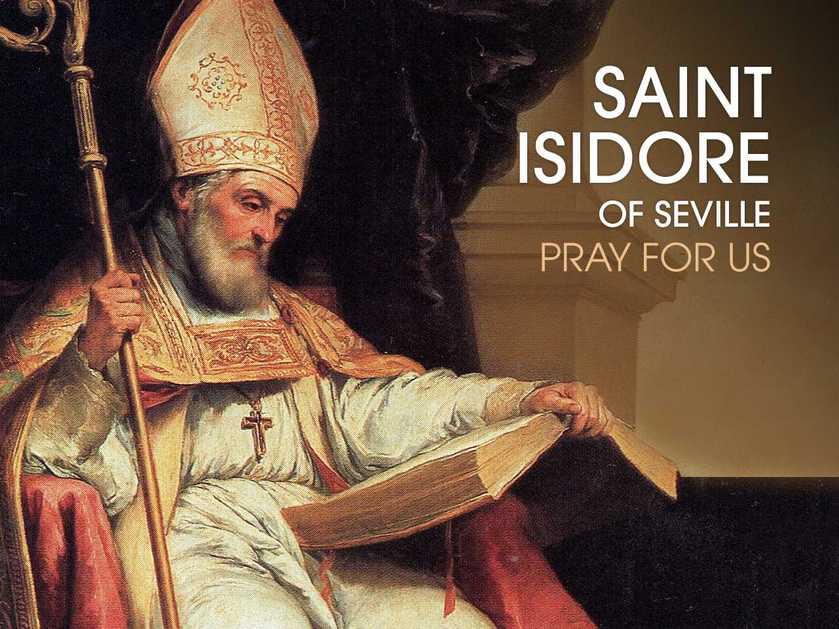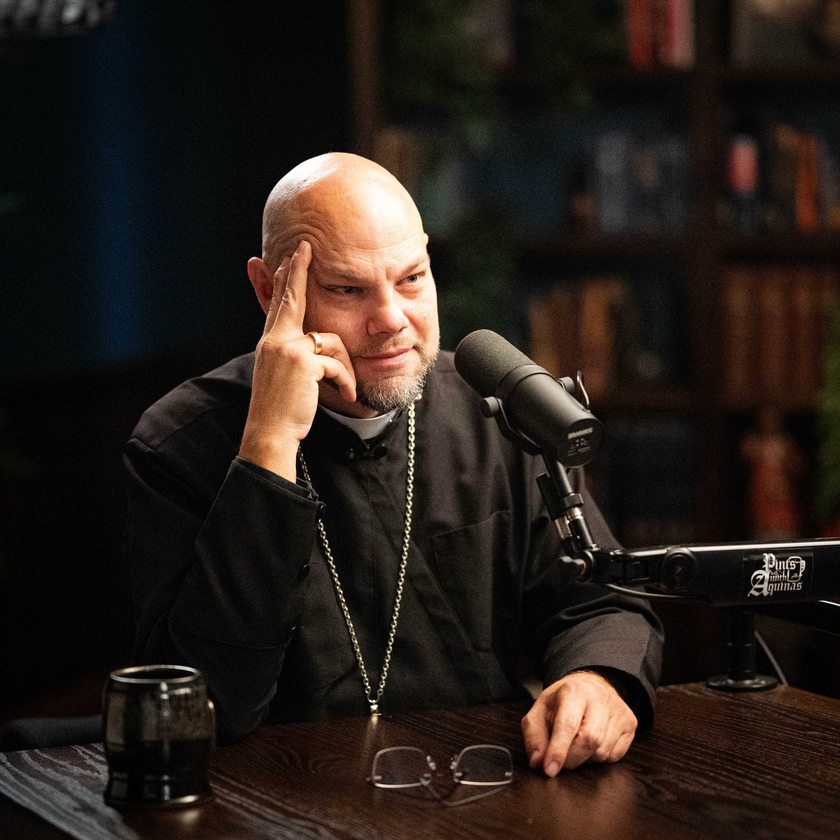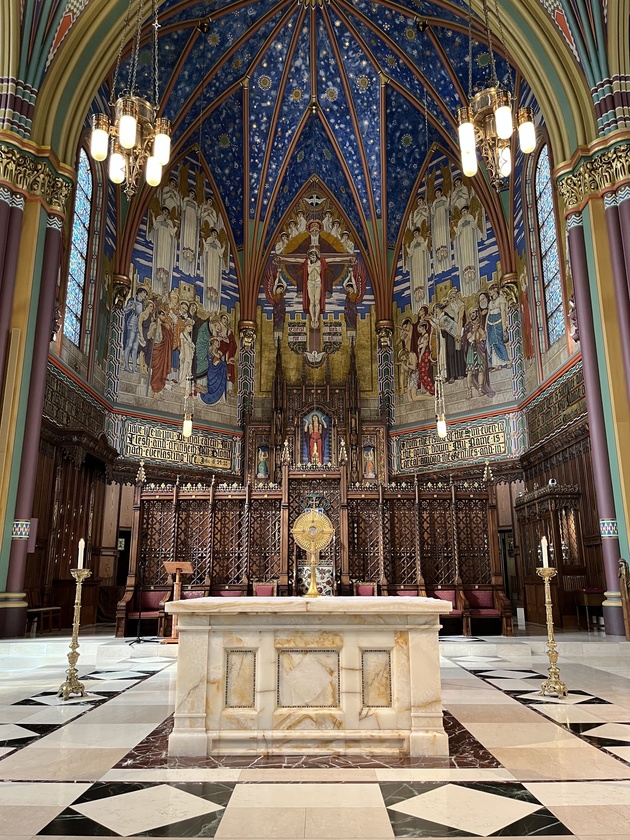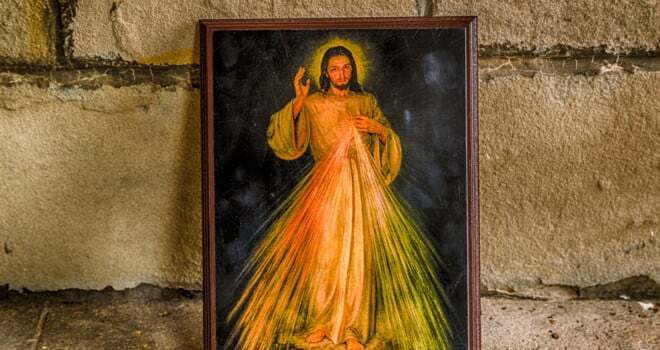Quote of the Day
"Confession heals, confession justifies, confession grants pardon of sin. All hope consists in confession. In confession there is a chance for mercy. Believe it firmly, do not doubt, do not hesitate, never despair of the mercy of God."
St. Isidore of Seville
Today's Meditation
“Reading the holy Scriptures confers two benefits. It trains the mind to understand them; it turns man’s attention from the follies of the world and leads him to the love of God. Two kinds of study are called for here. We must first learn how the Scriptures are to be understood, and then see how to expound them with profit and in a manner worthy of them . . . No one can understand holy Scripture without constant reading . . . The more you devote yourself to the study of the sacred utterances, the richer will be your understanding of them, just as the more the soil is tilled, the richer the harvest.”
—St. Isidore of Seville, p. 201
Daily Verse
"God, the Lord, is my strength; he makes my feet like hinds’ feet, he makes me tread upon my high places." Habakkuk 3:19
St. Isidore of Seville
Saint of the Day
St. Isidore of Seville (560 – 636 A.D.) was born in Carthagena, Spain, to noble and pious parents. After the example of their parents, he, as well as his two brothers and sister, all became saints. Isidore received his early education at the cathedral school in Seville where a group of learned men taught classical education, among them was his brother Leander, the Archbishop of Seville. The cathedral school was the first of its kind in the country and Isidore excelled in his studies there. He became a man of great learning, zeal, piety, and apostolic endeavor, assisting his brother in converting the Visigoths from the Arian heresy. He followed his brother in becoming next Archbishop of Seville, leading his diocese for nearly 40 years. Isidore was an important saint for his time. He was one of the most learned men of the 6th century and is considered the last of the early Church Fathers. He was a prolific writer on the sciences and the classics which in effect helped preserve western civilization during the early middle ages following the barbarian invasions. He composed history books, a dictionary with a structure akin to a database, and an encyclopedia which was used for nine centuries. St. Isidore reunited Spain after the barbarian onslaught, making it a center of culture and learning. He required seminaries to be built in every diocese, wrote a rule for religious orders, and founded schools that taught every branch of learning. Spain then became a model for similar renewal in other European countries. For his great learning and written works he was proclaimed a Doctor of the Church by Pope Benedict XIV. St. Isidore of Seville is the patron of computers, schoolchildren, and the internet. His feast day is April 4th.

























